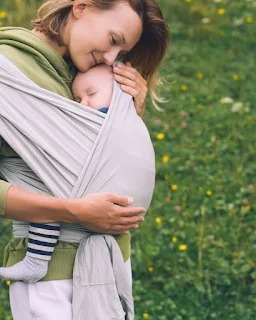Pregnancy, Breastfeeding and Bone Health
🦴 1. Calcium Needs & Bone Remodeling
During the third trimester and breastfeeding, a high demand for calcium results in temporary bone remodeling (loss) to support baby’s development. The mother absorbs more dietary calcium to compensate. :contentReference[oaicite:1]{index=1}
2. Bone Density Loss & Recovery
- Pregnancy alone can reduce spine BMD by ~1–2%, hip by ~1%.
- Exclusive breastfeeding can cause additional bone loss of 3–7%, particularly in the spine. :contentReference[oaicite:2]{index=2}
- Bone density usually rebounds after weaning, often fully within 6–12 months. :contentReference[oaicite:3]{index=3}
3. Rare Cases of Pregnancy/Lactation-Associated Osteoporosis (PLO)
In rare cases, significant bone loss leads to fractures in spine or hip. Symptoms include severe back pain and can be diagnosed via imaging. Treatment may involve calcium, vitamin D, and bone-strengthening medications. :contentReference[oaicite:4]{index=4}
4. Long-Term Bone Health
Large studies show no increased risk of osteoporosis or fractures later in life from pregnancy or breastfeeding. Some findings suggest these may even offer long-term bone benefits. :contentReference[oaicite:5]{index=5}
5. Supporting Bone Health During & After
- Ensure ~1,000 mg calcium/day and adequate vitamin D. :contentReference[oaicite:6]{index=6}
- Keep up weight-bearing exercise like walking or light resistance training. :contentReference[oaicite:7]{index=7}
- Monitor high-risk individuals (teens, low calcium intake, prior fractures).
- In rare PLO cases, use specialized medical care including bone-targeting therapies. :contentReference[oaicite:8]{index=8}
Bottom line: Mild, temporary bone loss during pregnancy and breastfeeding is normal and usually fully recovered. Maintaining calcium, vitamin D, and physical activity helps protect bone health. Severe cases are rare but treatable.
Source article: ichhori.com

